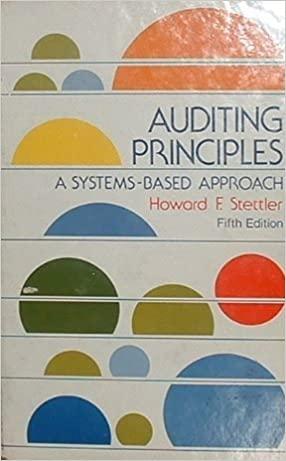Answered step by step
Verified Expert Solution
Question
1 Approved Answer
Problem 14-6A The comparative statements of Corbin Company are presented below. CORBIN COMPANY Income Statement For the Years Ended December 31 2017 2016 Net sales
Problem 14-6A
The comparative statements of Corbin Company are presented below.
| CORBIN COMPANY Income Statement For the Years Ended December 31 | ||||||
| 2017 | 2016 | |||||
| Net sales (all on account) | $600,500 | $520,500 | ||||
| Expenses | ||||||
| Cost of goods sold | 414,000 | 353,300 | ||||
| Selling and administrative | 119,000 | 114,800 | ||||
| Interest expense | 8,500 | 5,400 | ||||
| Income tax expense | 17,600 | 14,500 | ||||
| Total expenses | 559,100 | 488,000 | ||||
| Net income | $ 41,400 | $ 32,500 | ||||
| CORBIN COMPANY Balance Sheets December 31 | ||||||
| Assets | 2017 | 2016 | ||||
| Current assets | ||||||
| Cash | $ 21,400 | $ 17,500 | ||||
| Short-term investments | 18,000 | 14,100 | ||||
| Accounts receivable (net) | 85,500 | 73,100 | ||||
| Inventory | 89,200 | 69,900 | ||||
| Total current assets | 214,100 | 174,600 | ||||
| Plant assets (net) | 423,800 | 383,500 | ||||
| Total assets | $637,900 | $558,100 | ||||
| Liabilities and Stockholders Equity | ||||||
| Current liabilities | ||||||
| Accounts payable | $123,000 | $109,400 | ||||
| Income taxes payable | 22,100 | 20,300 | ||||
| Total current liabilities | 145,100 | 129,700 | ||||
| Long-term liabilities | ||||||
| Bonds payable | 121,000 | 80,000 | ||||
| Total liabilities | 266,100 | 209,700 | ||||
| Stockholders equity | ||||||
| Common stock ($5 par) | 149,000 | 149,000 | ||||
| Retained earnings | 222,800 | 199,400 | ||||
| Total stockholders equity | 371,800 | 348,400 | ||||
| Total liabilities and stockholders equity | $637,900 | $558,100 | ||||
Additional data: The common stock recently sold at $19.95 per share. Compute the following ratios for 2017. (Round Acid-test ratio and Earnings per share to 2 decimal places, e.g. 1.65, and all other answers to 1 decimal place, e.g. 6.8 or 6.8%.)

Step by Step Solution
There are 3 Steps involved in it
Step: 1

Get Instant Access to Expert-Tailored Solutions
See step-by-step solutions with expert insights and AI powered tools for academic success
Step: 2

Step: 3

Ace Your Homework with AI
Get the answers you need in no time with our AI-driven, step-by-step assistance
Get Started


